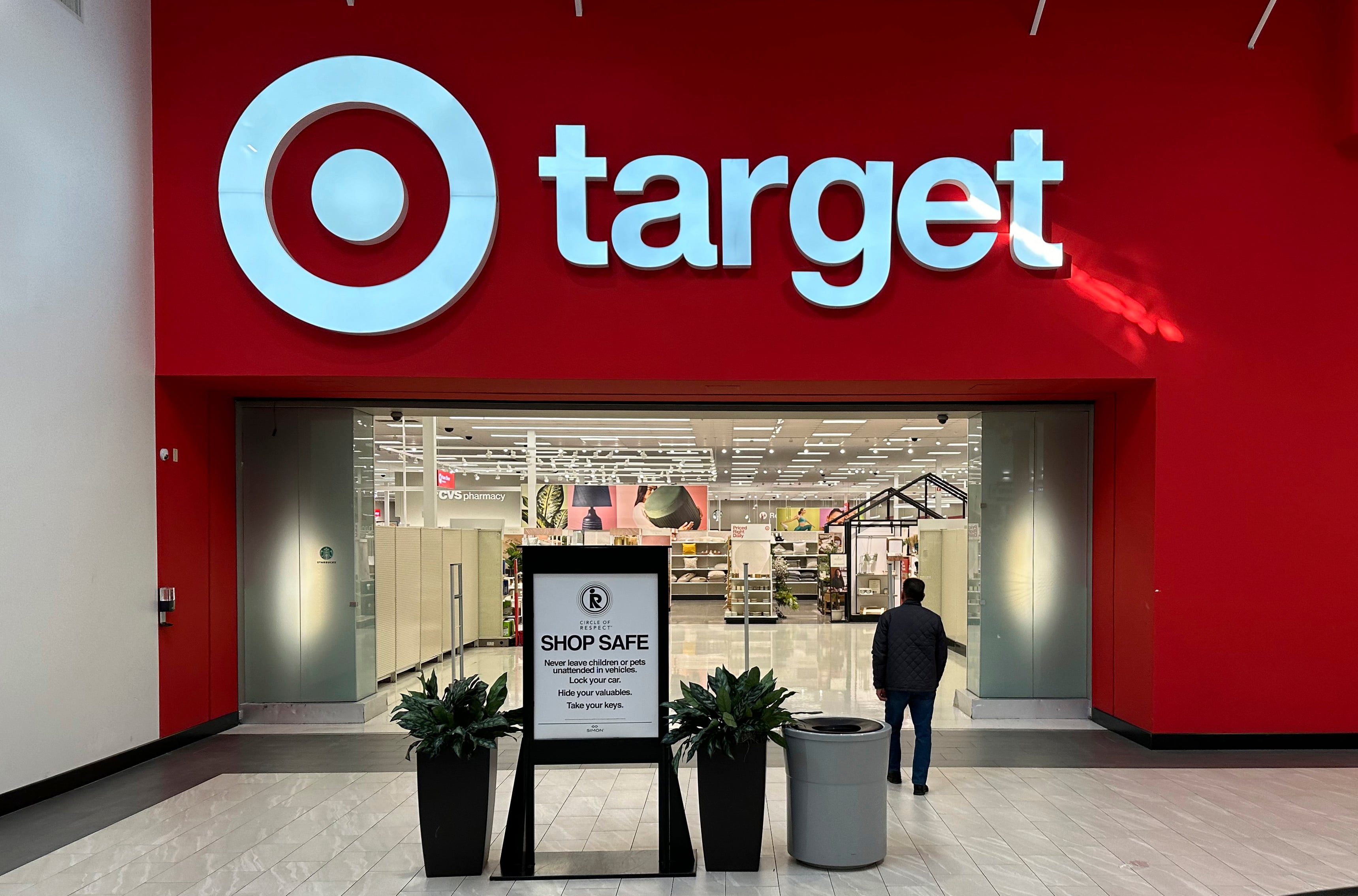NEW YORK (AP) — Target will no longer accept personal checks from shoppers as of July 15, another sign of how a once ubiquitous payment method is going the way of outmoded objects like floppy disks and the Rolodex.
The Minneapolis-based discounter confirmed the move in a statement to The Associated Press on Tuesday, citing “extremely low volumes” of customers who still write checks. Target said it remained committed to creating an easy and convenient checkout experience with credit and debit cards, “buy now, pay later” services and the Target Circle membership program, which applies deals automatically at checkout.
“We have taken several measures to notify guests in advance" about the no-checks policy, the company said.
Target's decision leaves Walmart, Macy’s and Kohl’s among the retailers that still accept personal checks at their stores. Whole Foods Market and the Aldi supermarket chain previously stopped taking checks from customers.
Shoppers have pulled out checkbooks increasingly less often since the mid-1990s. Cash-dispensing ATMs, debit cards, online banking and mobile payment systems like Venmo and Apple Pay mean many young adults may never have written a check.
Check usage has been in decline for decades as Americans have largely switched to paying for their services with credit and debit cards. Americans wrote roughly 3.4 billion checks in 2022, down from nearly 19 billion checks in 1990, according to the Federal Reserve. However, the average size of the checks Americans wrote over the 32-year period rose from $673 in 1990 — or $1,602 in today’s dollars — to $2,652.
The drop in check writing enabled the Federal Reserve to sharply reduce its national check processing infrastructure. In 2003, it ran 45 check-processing locations nationwide; since 2010, it has operated only one.
Rising incidents of check fraud are also making people shy away from check writing. It’s being fueled by organized crime that is forcing small businesses and individuals to take additional safety protections or to avoid sending checks through the mail altogether.













